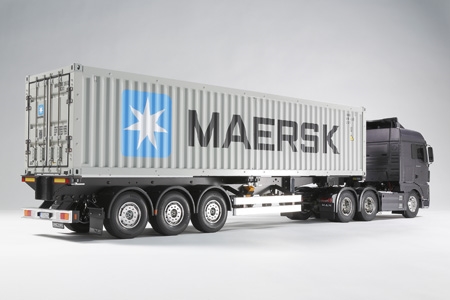
A container trailer (TLR) is a road chassis designed to carry standard ISO
shipping containers. It connects to a truck tractor and is used to move loaded or empty
containers between ports, inland depots, rail terminals and customer warehouses as part of
an intermodal transport chain.
Purpose in Logistics
Container trailers link sea, rail and road operations. They provide the last-mile and
inland haul between ship, rail wagon and consignee, supporting port drayage, depot
shuttles and CFS operations. By using a standardized trailer, containers can be moved
without unpacking, reducing handling, dwell time and damage risk.
Typical Features
- Steel chassis with twist locks to secure 20-ft, 40-ft or 45-ft containers.
- Suspension and braking systems adapted for heavy container loads.
- Lightweight frame to maximize legal payload on road legs.
- Compatibility with terminal tractors and on-road truck units.
In modern yards and depots, container trailers and their moves are tracked by a TOS or CYMS,
which assigns trips, records gate events and supports planning of truck turn times and yard
capacity.
“`
